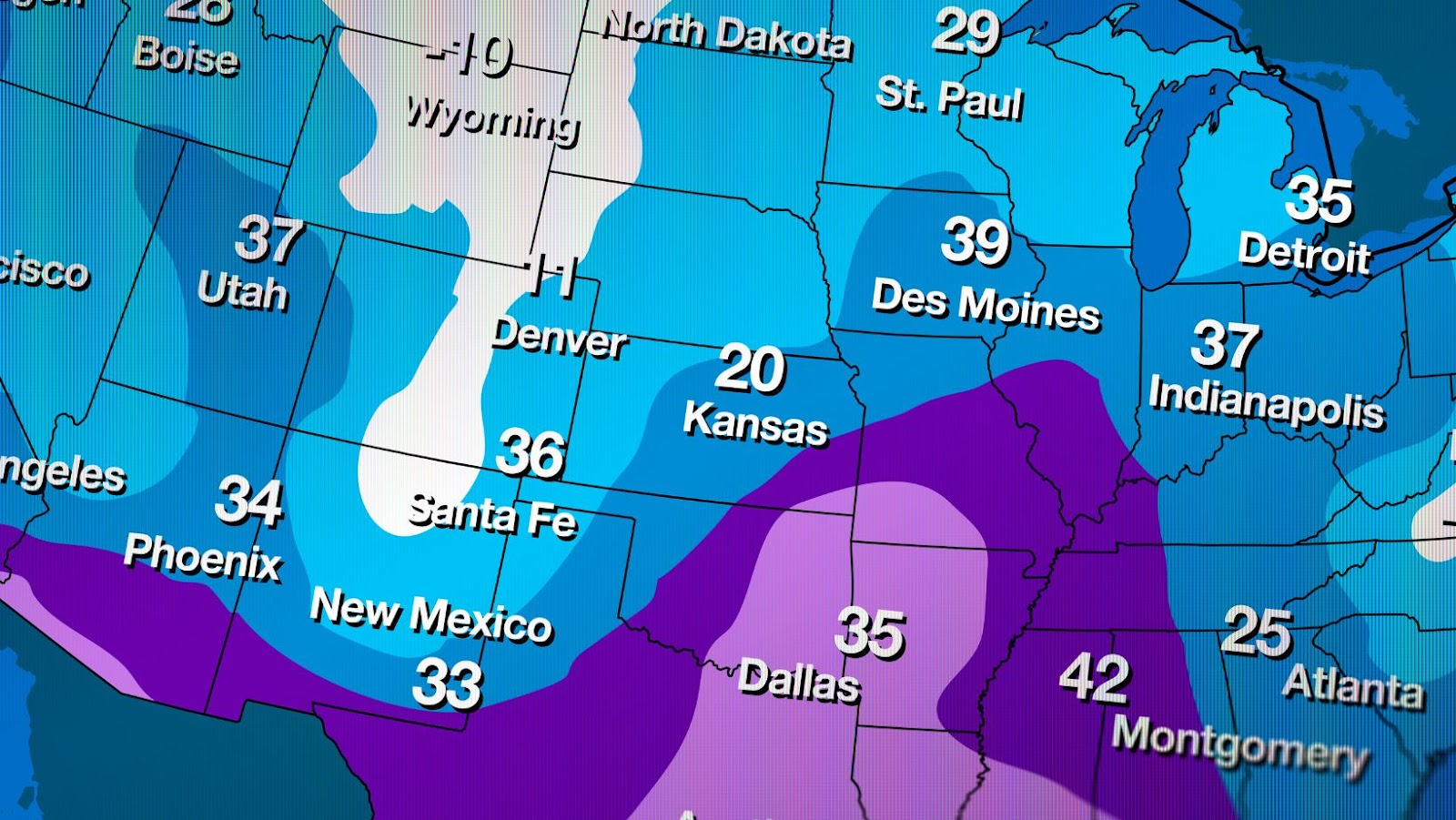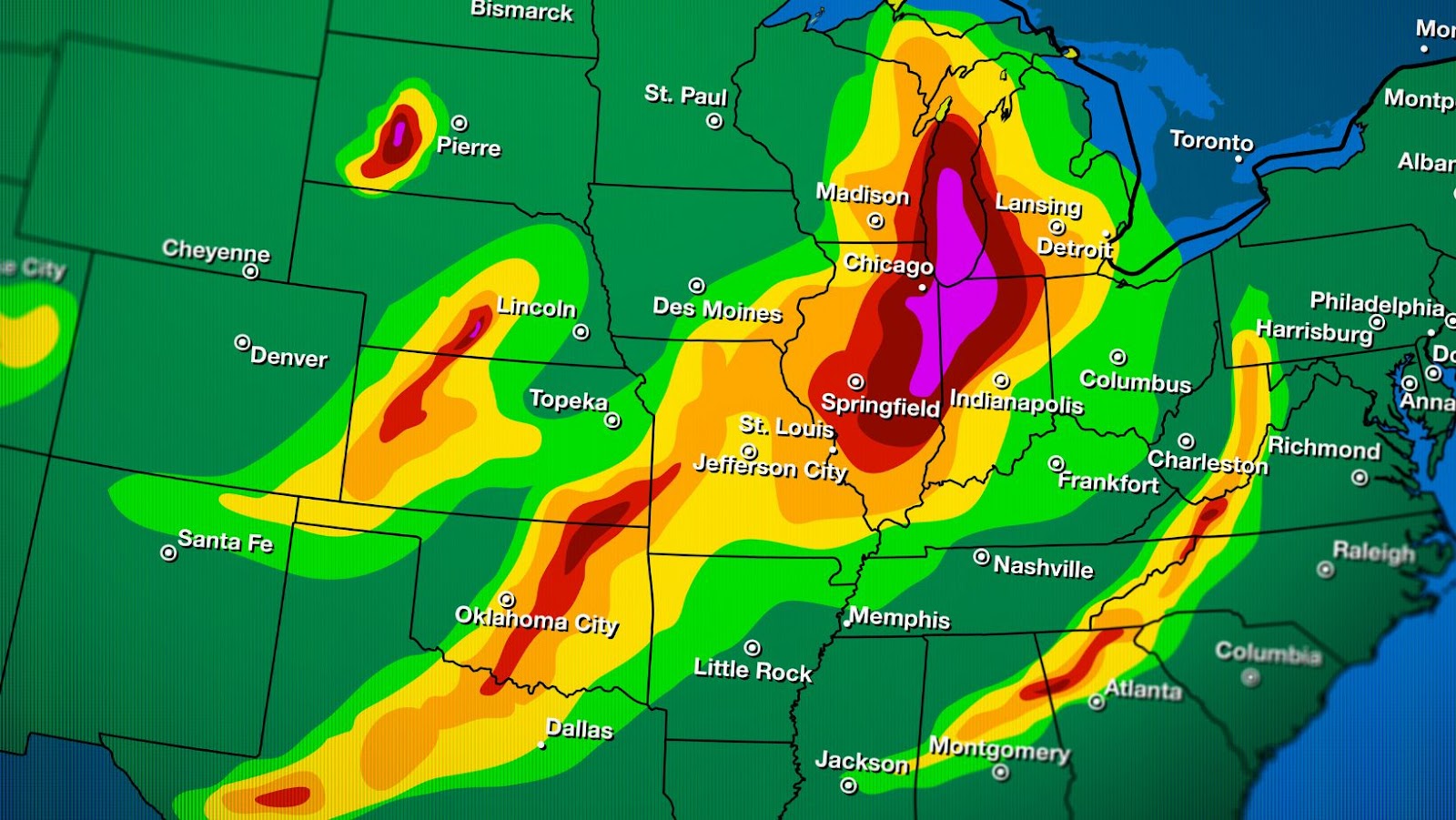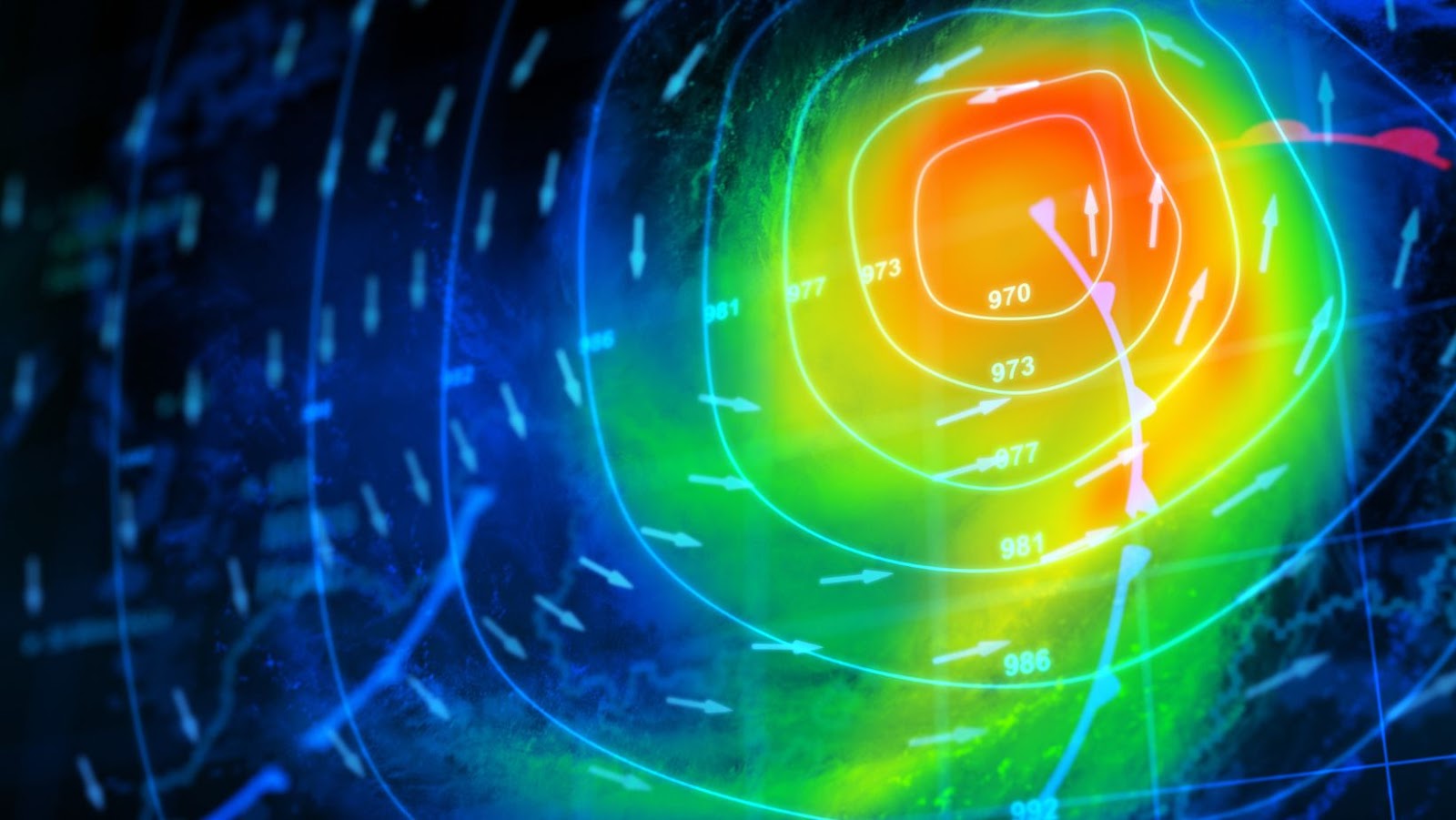Apple’s decision to display Crimea as part of Russia on Apple Maps has caused a stir in the international community. Many have criticised Apple for recognizing an illegal annexation, calling it a sign that Apple “doesn’t give a damn” about international law.
This comes when worry is already high in the international community with the tense atmosphere on the Ukraine-Russia border. In this article, we’ll explore the implications of Apple’s decision and why it is causing so much controversy.
Background of Russia’s illegal annexation of Crimea
Russia’s illegal annexation of Crimea in 2014 grabbed the world’s attention and has caused a shift in international politics. Following a controversial referendum, the Kremlin declared the uptake of Crimea by absorbing the region into its national boundaries.
This move was widely denounced as illegal under international law, with many countries promptly recognizing it as such and refusing to acknowledge Russia’s sovereignty over the region. The European Union imposed sanctions against Russia in response.
Since then, political tensions over Crimea have remained high between Russia and Ukraine, while multiple legal proceedings have been carried out to resolve territorial disputes between the two countries. In addition, foreign travel restrictions remain concerning Crimea; numerous non-Russian citizens are prohibited from entering or leaving the peninsula without prior permission by Russian authorities.
Apple recently chose to reflect geopolitical realities on its Apple Maps app for iOS devices as part of this tension between Russia and Ukraine. It identifies Crimea as an integral part of Russia despite its contested statehood not officially recognized by most countries worldwide. This move has raised significant attention from users worldwide who continue to weigh in on both sides of an ongoing debate about how customer-facing technology companies should handle global events that might violate international law or go against public opinion.
Apple ‘doesn’t give a damn,’ marks Crimea as part of Russia on Apple Maps
Apple recently updated Apple Maps to reflect Russia’s illegal annexation of Crimea. The update has caused some controversy because many consider the annexation an illegal and internationally unrecognised claiming of territory.
Since 2014 when Russian president Vladimir Putin forcefully annexed Crimea, the United States, European Union, Canada and other countries have imposed extensive sanctions on Russia in protest of their actions. Governments, human rights activists and other members of the international community have harshly criticised Apple’s decision to accept this violation of international law.
Apple has stated its decision to show Crimea as part of Russia on their map: “We review international law as well as relevant US and other domestic laws before making changes to Apple Maps. Therefore, by applicable law, we have changed our Maps in Crimea.”
This statement doesn’t address the controversy or explain why Apple decided not to follow international opinion and instead to side with Ukraine’s increasingly autocratic neighbouring government. Instead, it appears that Apple is prioritising profits over making a moral statement that could potentially alienate customers and investors from both sides who support different political views on this issue.
Apple’s Move to Mark Crimea as Part of Russia on Apple Maps
Apple’s recent decision to mark Crimea as part of Russia on Apple Maps has faced significant opposition from many people. Despite the United Nations recognizing Crimea as part of Ukraine, Apple has seemed to take a neutral stance by allowing the area to be labelled as part of Russia. This move has been described as disrespectful and irresponsible, with many people asking why Apple “doesn’t give a damn” about international law.
Let’s take a look at the full story.
Apple’s statement on the matter
Apple has released a statement commenting on their decision to mark Crimea as part of Russia in their Apple Maps application.
The company said: “We review international law as well as relevant U.S. and other domestic laws before deciding on labelling on our maps and make changes if required by law.”
Apple also noted that its map data is provided by third parties who consider several sources, including publicly available data from governments and other sources. The company acknowledged that the Crimean peninsula is subject to various international disputes regarding its political status, but concluded that “legal requirements change over time.”
Apple went on to clarify: “We are taking steps to address our concerns related to complying with applicable law. In many countries, including the United States, the UK, France and Russia, government entities have authorised maps providers, including Apple, to label certain territories differently than they had previously done.”
In conclusion: “We will continue monitoring developments related to the situation in Crimea and adjust our approach as necessary when required by law or when we receive reliable information indicating an official change.”
How Apple Maps now reflects the illegal annexation of Crimea
Apple Maps now reflects the controversial border change in Crimea that was made in 2014, which granted Russian control over the region. The move to mark Crimea as part of Russia comes nearly six years after the annexation by Russia.
Apple Maps marked Crimea as part of Ukraine for years despite the illegal annexation. However, Apple has now updated its maps to reflect the new Russian borders and label Crimea as part of Russia. This has caused outrage among Ukrainian officials, who have demanded Apple reverse its decision due to its violation of international law.
The New York Times reported that one reason for Apple’s change was due to local state authorities providing data regarding Crimea borders to Apple Maps, which is something many tech companies rely upon for their maps and navigation services. As a result, it appears that Apple could not ignore this information when updating its map data.
In response to the criticism, an Apple spokesperson told The New York Times that “We review international law as well as relevant US and other domestic laws before making changes to how we represent locations on our platforms” they added “Views of sensitive regions can be different than those required by local authorities.” However, the spokesperson did not comment on why they chose to accept the local authorities’ data regarding Crimea borders over international laws recognizing it as part of Ukraine.
Reactions to Apple’s Move
Apple’s decision to mark Crimea as part of Russia on its Apple Maps has created a stir in the news, with many people expressing outrage and disbelief. The most commonly heard words are ‘Apple doesn’t give a damn.’

The public’s outrage is understandable, as their decision marks a departure from the stance of the international community, denouncing Crimea’s annexation as illegal. Let’s go through some of the reactions to this move.
International criticism
Apple’s decision to recognize Russia’s illegal annexation of Crimea has caused widespread international criticism. The annexation in 2014 is considered illegal under international law and has been condemned as a violation of Ukraine’s sovereignty by the United Nations and multiple other countries.
There has been strong opposition and outrage to Apple’s move from various countries worldwide. Ukraine’s president Petro Poroshenko called the move “unacceptable” and said it contributes to a responsibility culture among tech companies. Other European nations such as the U.K., Germany, Poland, France, and more have also expressed their disapproval due to their strong support for Ukraine’s sovereignty over Crimea.
The UN High Commissioner for Human Rights went even further with its criticism of Apple’s actions and stated that companies should not “facilitate or validate such objectives” or take actions that contribute to the “crippling of (internet) freedom.” In response to this wide-spread criticism, Apple has announced that they are currently reassessing their policies on this issue and hope to come up with a solution soon.
Local Ukrainian reactions
As expected, local Ukrainian reactions to Apple’s decision to include Crimea as part of Russia on its Maps app have been negative. Many Ukrainians have seen the move as an implicit recognition of Russia’s illegal annexation of the peninsula in 2014 and a betrayal of Ukraine’s sovereignty.
The Ukrainian State Geo Committee has expressed disappointment with Apple’s decision, noting that there was no consultation with local authorities before introducing the new borders. They also stated that it undermines Ukraine’s territorial integrity and starkly contrasts decisions taken by other international companies who have chosen not to recognize the peninsula as part of Russia.
Local Ukrainian activists have responded quickly, launching a petition addressed to Apple CEO Timothy D Cook protesting against the company’s decision which already has over 50k signatures.
Many Ukrainians view Apple’s decision as damaging for Ukraine and violations of international law by Russia going unchecked. While some argue that it is ultimately up to Apple as a private company to decide its policies, others maintain that such an important decision should only be made after careful deliberation with local law authorities or respected international organisations such as the UN or OSCE.
Apple’s response to criticism
Apple’s decision to follow Russian laws and recognize the annexation of Crimea has left many people questioning the company’s ethical policies. But Apple has responded quickly to criticism, insisting it must adhere to local laws to do business in different countries.
Apple said in a statement regarding the situation, “We review all relevant international and domestic law before deciding. We must ensure our products comply with all applicable laws wherever we do business. We take our responsibility to protect customer data very seriously and will continue to do so.”

This response from Apple reflects their continued commitment to complying with international law while trying to balance the needs of their customers and respect for international laws and sanctions. The company stated that it was unable “to make exceptions on this basis for certain regions” as those exceptions could potentially put other customers at risk.
Apple further emphasised its commitment to upholding ethical standards by asserting that, “regardless of where we operate around the world, Apple remains firmly committed to respecting internationally recognized human rights within our own corporate policies” including “the freedom of expression and access to information held by governments around the world.” Therefore, while they must adhere strictly to local laws when launching products in various countries and regions, they remain firmly committed to protecting users’ right and accessing humanity’s rights globally on an even plane despite regional standards or differences.
Conclusion
It appears that Apple doesn’t “give a damn” regarding controversial geopolitical issues such as the illegal annexation of Crimea. Apple Maps now marks Crimea as part of Russia, a decision that has sparked outrage from many and confirmed the suspicions that Apple is willing to ignore international law to advance its interests.
In this article, we will discuss and conclude the implications of this decision.
Summary of Apple’s decision and its implications
Apple Inc.’s decision to add Crimea to the maps on Apple products has sparked controversy worldwide. By complying with Russia’s wishes, the tech giant is effectively validating the illegal annexation of Crimea. This move follows years of Russian propaganda arguing that Crimea is part of Russia, a claim most of the international community did not recognize.
The decision has raised concerns amongst Ukrainians, who argue that Apple’s choice will tacitly endorse Russia’s attempt to rewrite history. It also shows Russia’s influence deeply embedded within corporate structures, as companies such as Apple respond to political incentives instead of following international law and standards. Meanwhile, human rights advocates are worried that it will allow further abuses against Ukrainians living in Crimea since the 2014 illegal annexation by Moscow.
Apple’s choice highlights how difficult it can be for businesses to navigate geopolitical dilemmas fairly and consistently. Unfortunately, it also may encourage other tech firms to make similar concessions to gain access to lucrative Russian markets, further entrenching Moscow’s grip on power and promoting impunity for human rights violations in Crimea and beyond.
Implications for other tech companies
The decision by Apple to accept Russia’s illegal annexation of Crimea has caused consternation among human rights activists and raised fresh questions about the role of tech companies in geopolitics. It also portends other tech companies reconsidering product decisions due to political pressure from major nations.
Issues such as overseas data flows, kind of content hosted on servers, user privacy, and the sharing of users’ private information have become increasingly important for technology companies. These issues have created an awkward position for many tech firms that wish to avoid wading into national politics but are frequently at odds with international laws and regulations.
Apple’s use of Crimea’s geographic information and support of Russian requirements illustrates a deeper trend; tech companies increasingly face strong-arm tactics from governments eager to expand their reach into global markets regardless of legal boundaries or restrictions. This trend underlines the need for a shared ethical responsibility among tech firms entrepreneurs and investors if trust in new digital technologies is to be restored in the long term. Furthermore, it serves as a reminder that governments view technology policy as much political manoeuvring, beyond just economic considerations.








